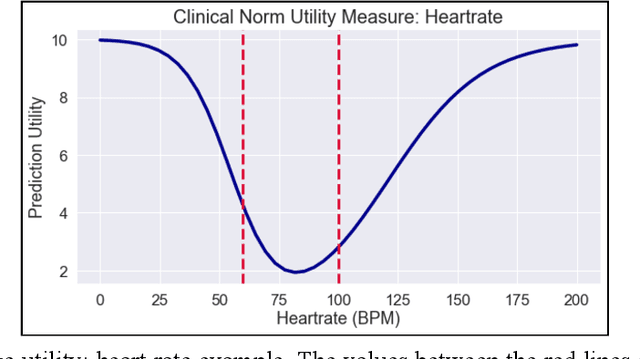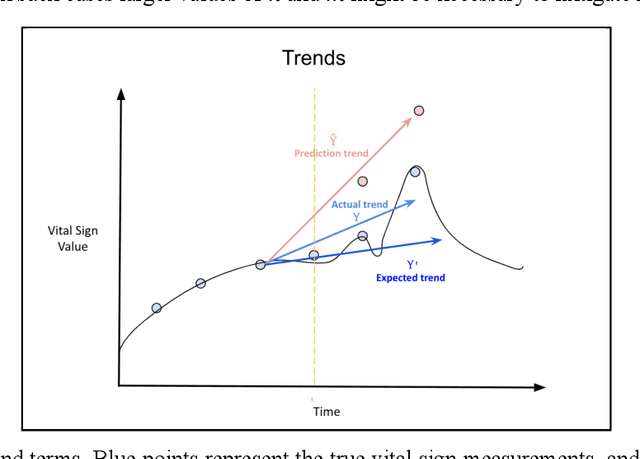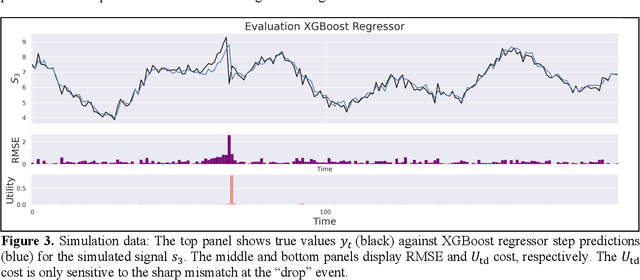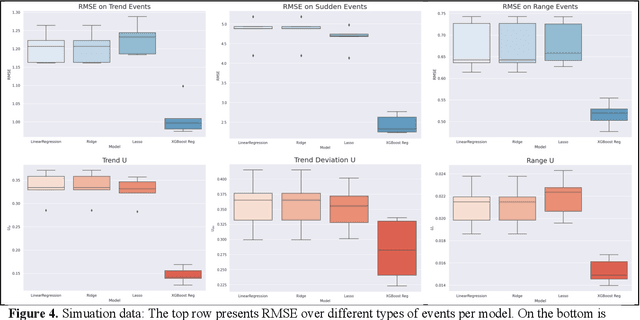Aiming for Relevance
Paper and Code
Mar 27, 2024



Vital signs are crucial in intensive care units (ICUs). They are used to track the patient's state and to identify clinically significant changes. Predicting vital sign trajectories is valuable for early detection of adverse events. However, conventional machine learning metrics like RMSE often fail to capture the true clinical relevance of such predictions. We introduce novel vital sign prediction performance metrics that align with clinical contexts, focusing on deviations from clinical norms, overall trends, and trend deviations. These metrics are derived from empirical utility curves obtained in a previous study through interviews with ICU clinicians. We validate the metrics' usefulness using simulated and real clinical datasets (MIMIC and eICU). Furthermore, we employ these metrics as loss functions for neural networks, resulting in models that excel in predicting clinically significant events. This research paves the way for clinically relevant machine learning model evaluation and optimization, promising to improve ICU patient care. 10 pages, 9 figures.
 Add to Chrome
Add to Chrome Add to Firefox
Add to Firefox Add to Edge
Add to Edge